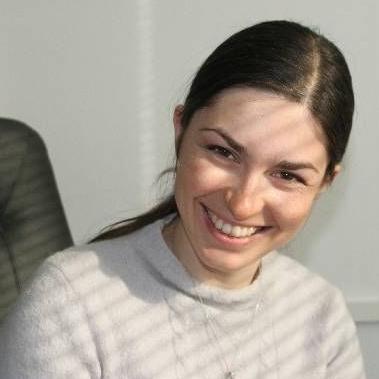Insights from SILL 9:
ZeroW Project Open-Sources Smart Meal Planning Prototype to Combat Household Food Waste
The ZeroW project has announced the open release of its smart meal planning prototype, a digital application designed to drastically cut household food waste by aligning shopping and cooking habits with personal dietary needs, consumption efficiency of bought food, and sustainability goals. The move aims to inspire retailers, food companies, and research institutes across Europe to adapt, develop, and deploy the solution at scale.

Photo: Andrey Popov for iStock
Households account for more than 53% of total EU food waste, around 47 million tons annually, according to estimates. This waste is driven by mismatched packaging sizes, uncoordinated purchasing patterns, and increasingly diverse diets within households.
The newly open-sourced prototype, developed by a ZeroW systemic innovation living lab in collaboration with Tilburg University, Wageningen University, and the Dutch Voedingscentrum, offers a multi-layered, AI-assisted solution:
- Recipe–Product Matching: Large Language Models (LLMs) pair nutrient-balanced recipes with available retail products, considering packaging size, price, and sustainability metrics.
- Recipe–Household Matching: Optimization algorithms select meal combinations that minimize waste while meeting cost, nutrition, and dietary goals.
- Dynamic Interface: A consumer-facing app generates tailored meal plans, synchronized grocery lists, and adjusts recommendations in real time based on availability and user feedback.
In academic trials, the tool demonstrated the potential to reduce food waste by over 90%. Beyond waste reduction, the system enables richer consumer engagement, better stock management for retailers, and data-driven product development for the food industry.
An Open Call to Innovate
The ZeroW consortium has made the full prototype code and documentation publicly available, inviting food system actors, tech developers, and policymakers to adapt and integrate the tool into their own operations.
"This isn’t just an app - it’s a blueprint for synchronizing household consumption with sustainable food supply chains," says Jon Woning, Researcher at ILVO - Flanders research institute for Agriculture, Fisheries and Food:
"By open-sourcing the technology, we want to accelerate innovation, enable cross-sector collaboration, and create measurable impact in reducing food waste."
Potential applications include integration into retail loyalty apps, national healthy eating campaigns, food bank redistribution strategies, and personalized nutrition platforms. The prototype is modular, allowing developers to add features such as inventory tracking, personalized nutrition targets, and smart recipe scheduling.
The ZeroW project is supported by the EU’s Horizon 2020 program and aligns with the EU Farm to Fork Strategy, which targets a 50% reduction in food waste by 2030.








